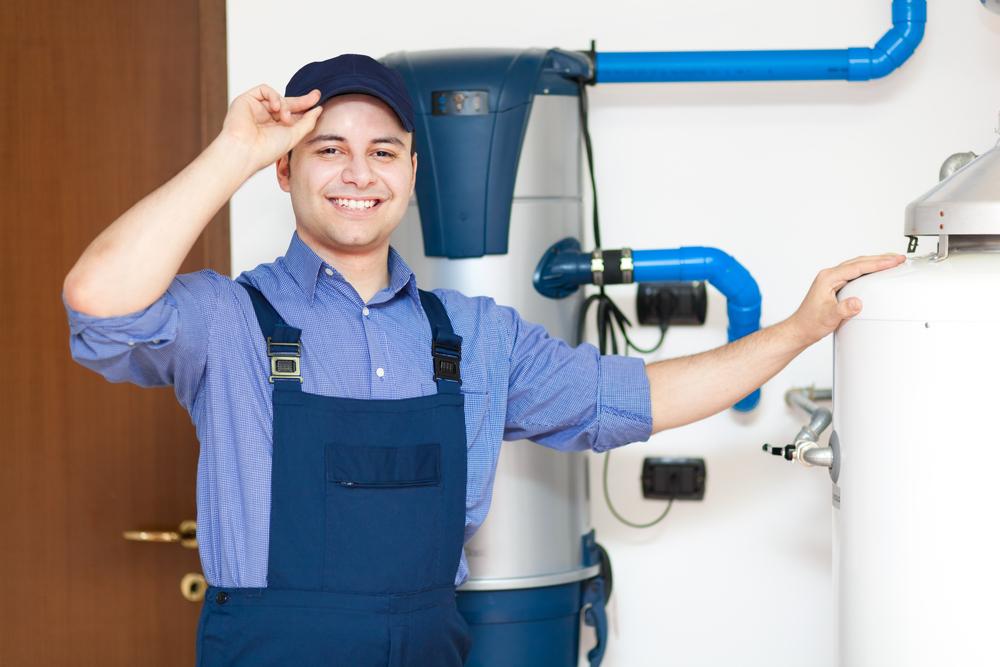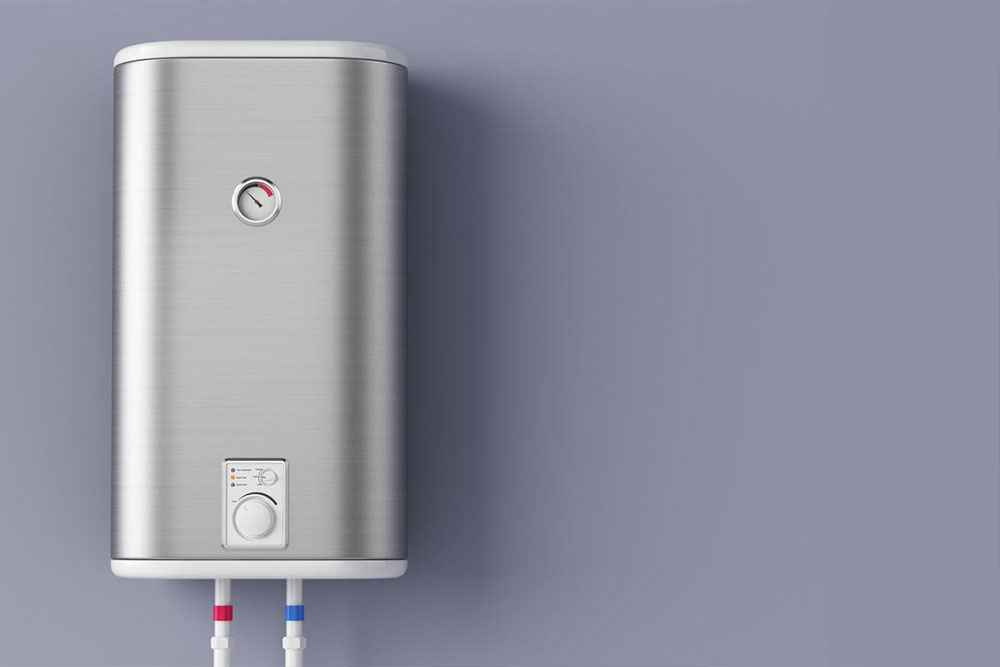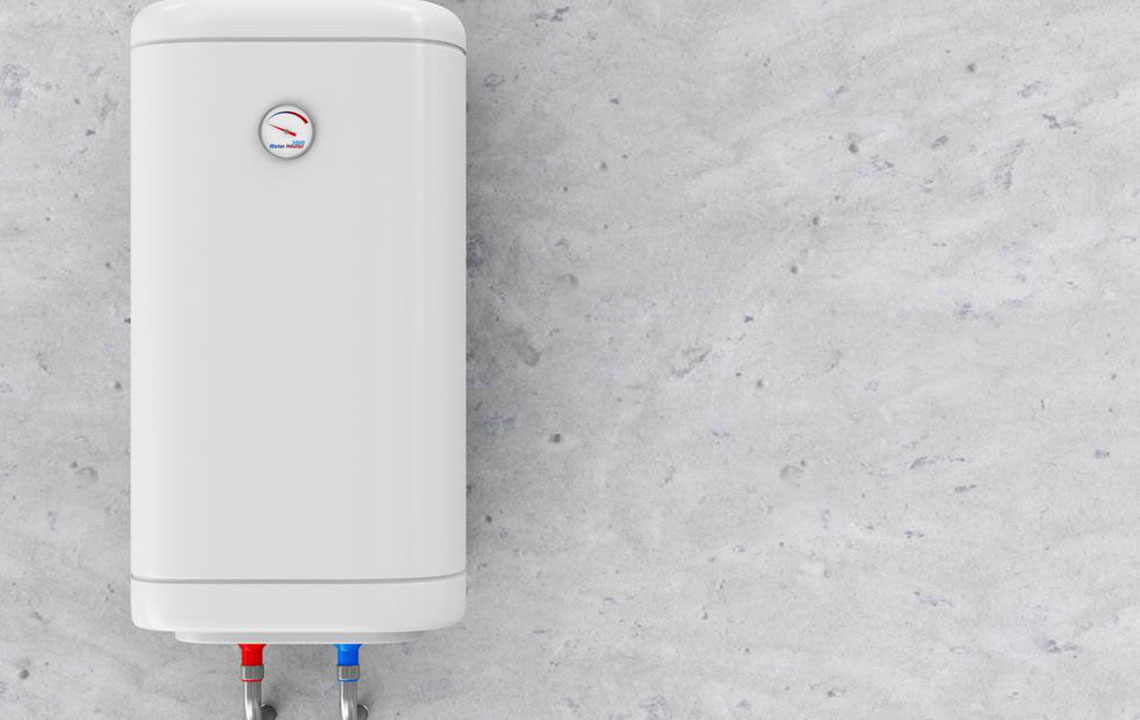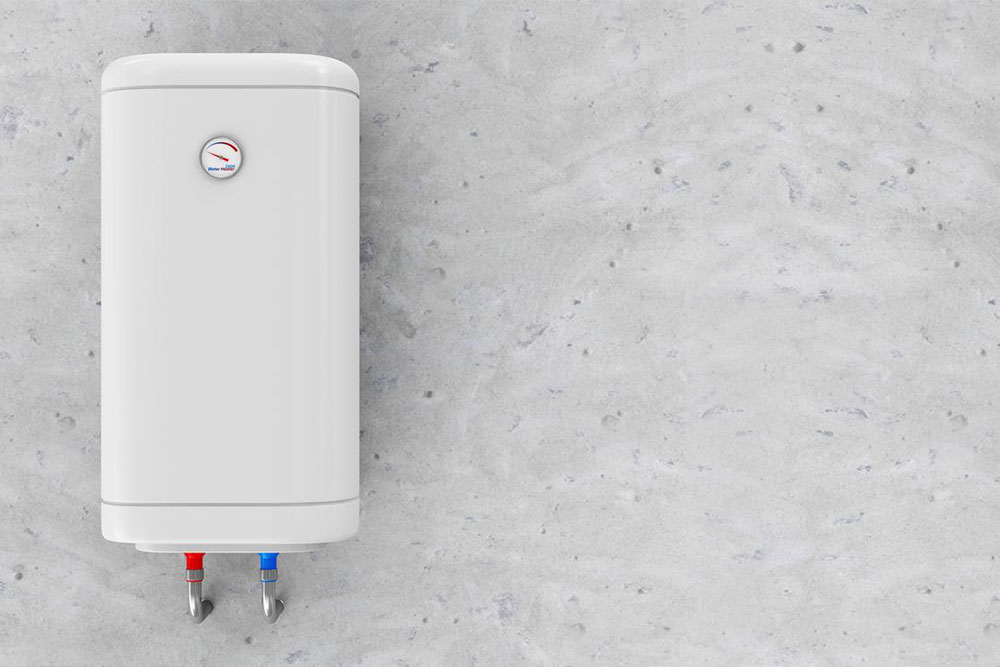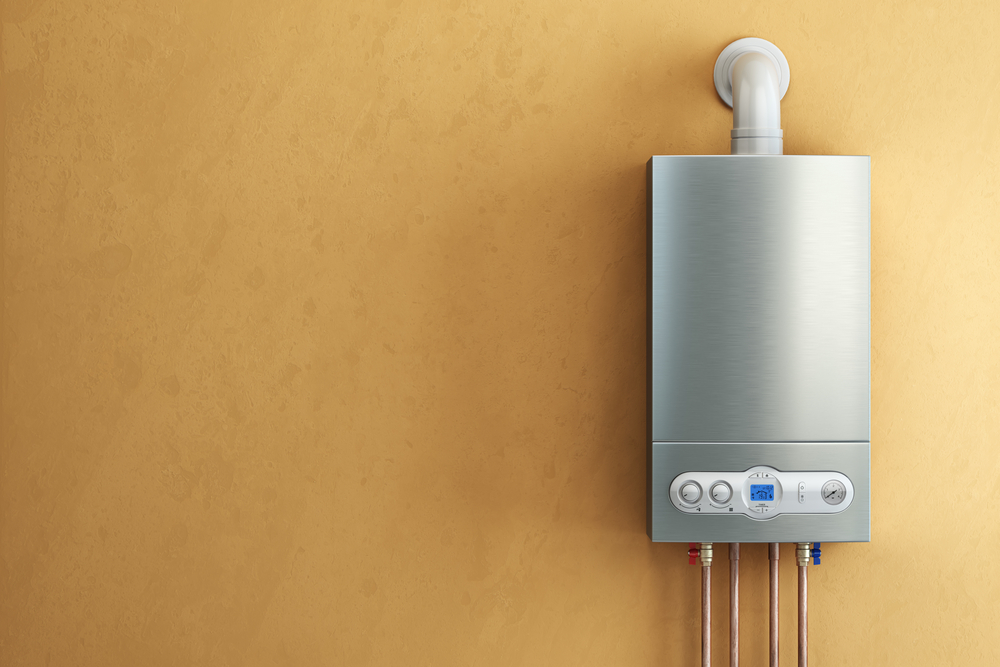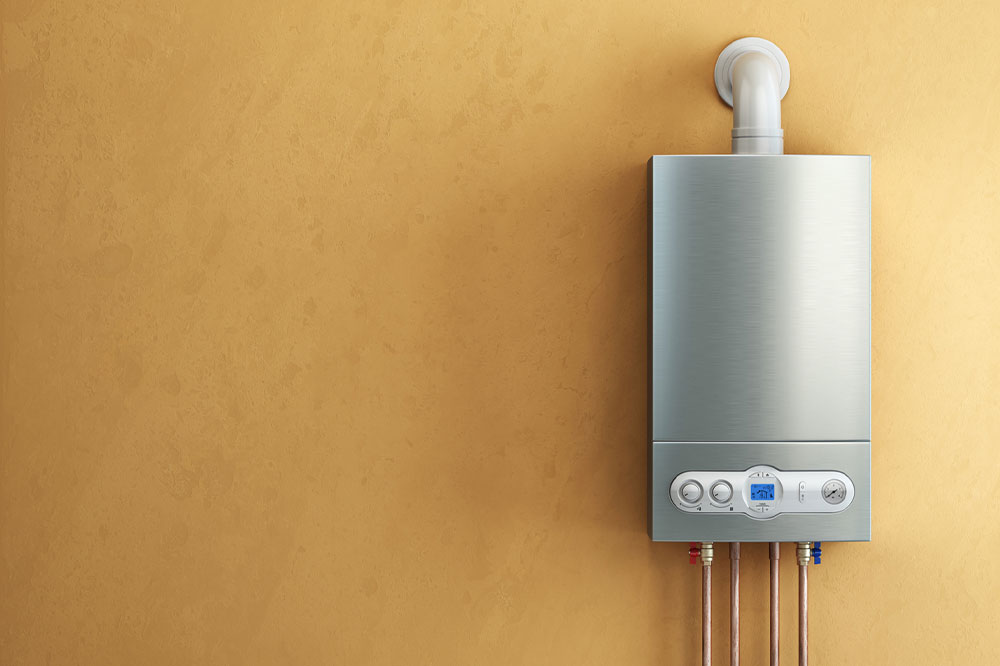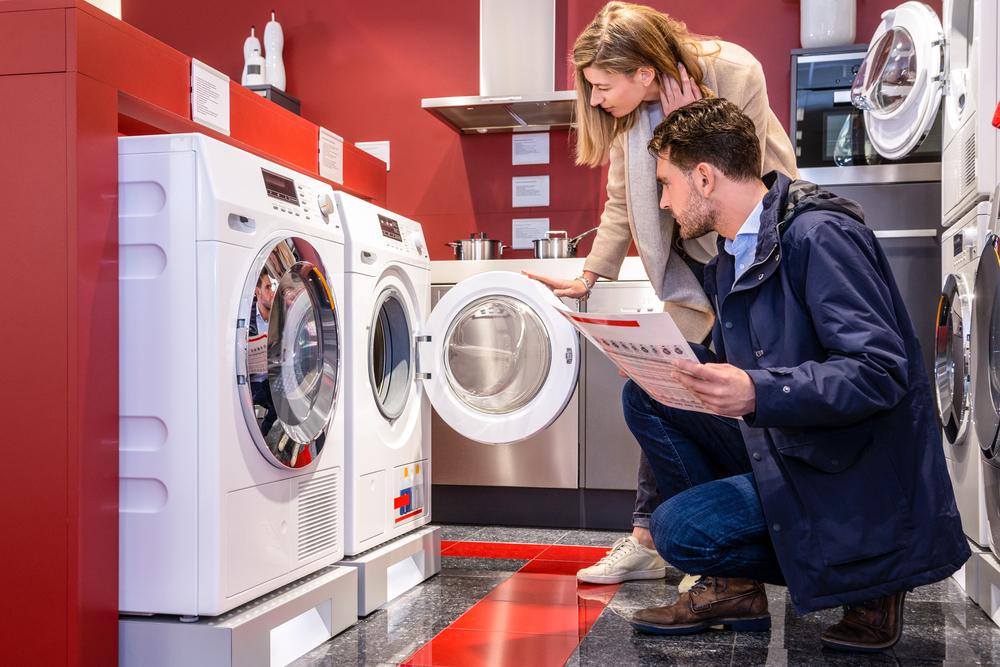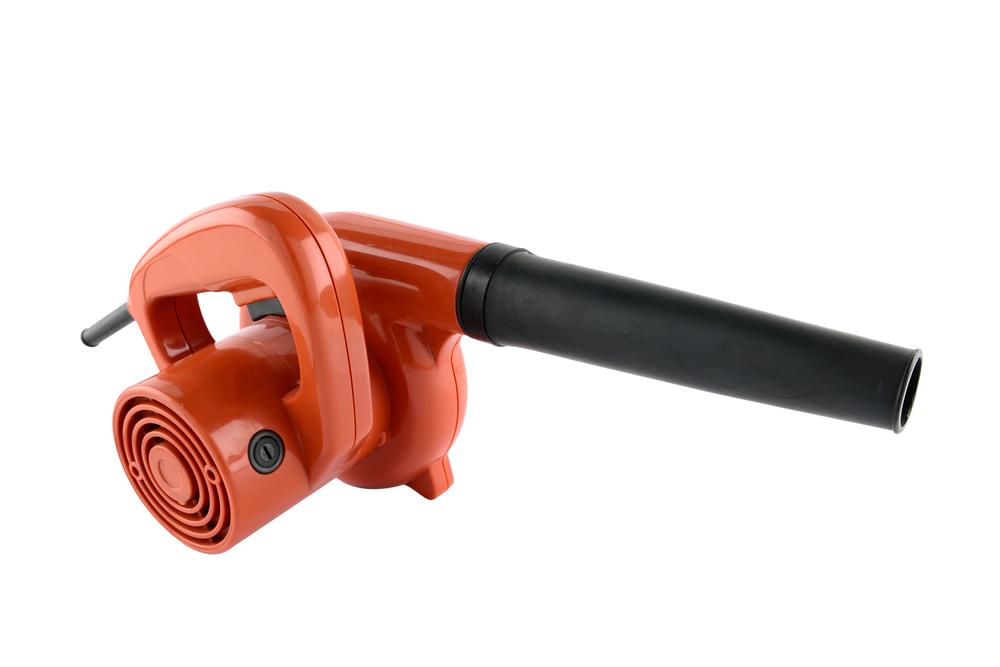Comprehensive Guide to Choosing the Right Water Heating System
This guide provides an in-depth overview of various water heating options for residential use. It covers storage, tankless, heat pump, solar, and condensing water heaters, highlighting their features, advantages, and suitability based on climate and household needs. Essential factors like efficiency, size, and fuel source are discussed to help homeowners make informed decisions and choose the most appropriate heating system for their homes.
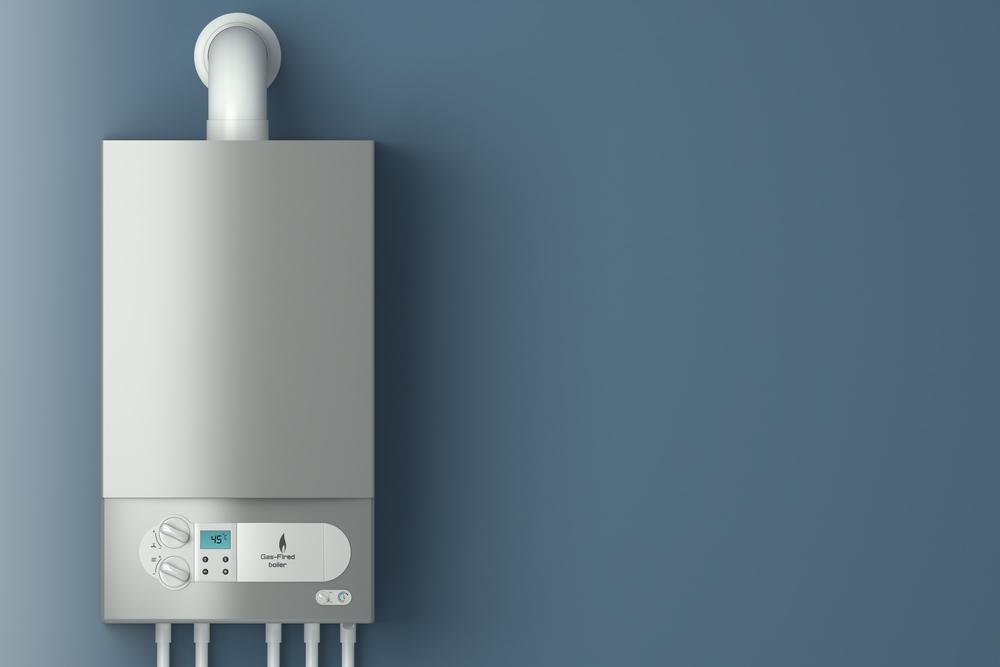
Comprehensive Guide to Choosing the Right Water Heating System
Experiencing cold showers during winter highlights the importance of an efficient water heating system. Today, various options are available to heat your water, but selecting the right one requires careful consideration.
Factors like capacity and energy efficiency are crucial when choosing a water heater. Additionally, aspects such as size, fuel source, and environmental impact also play vital roles in your decision-making process.
Here are common household water heating options explained:
Storage Water Heaters
These are the most widely used types, featuring large insulated tanks that hold heated water. They include safety features like pressure relief valves and thermostats. They can run on gas or electricity, with gas models typically being more affordable and energy-efficient. With an average lifespan of 10-12 years, they suit most residential needs.
Tankless Water Heaters
These units heat water on demand without storing it, using high-temperature coils. While initially more costly, they are energy-efficient, providing instant hot water when needed. Natural gas-powered models are more common, and regular descaling is necessary to maintain performance.
Heat Pump Water Heaters
Ideal for milder climates, heat pumps transfer ambient heat from the air or ground to warm water. Although they have higher upfront costs, they are highly energy-efficient, resulting in long-term savings. Structural space and clearance requirements should be considered before installation.
Solar Water Heaters
These systems utilize solar panels mounted on rooftops to convert sunlight into heat. They offer excellent efficiency during sunny months but depend on backup systems like gas or electric heaters during cloudy days. They perform poorly in cold, less sunny regions, though newer models are cost-effective and eco-friendly.
Condensing Water Heaters
Suitable for large families, these units operate on natural gas and optimize efficiency by capturing using flue gases to heat water. They are capable of providing around 55 gallons daily, making them ideal for higher demand households.
Choosing the appropriate water heater depends on your climate, household size, and energy preferences. Evaluate these factors carefully to select the most suitable system for your needs.
Note:
Our blog offers diverse and practical insights across various topics. While our research aims to provide accurate guidance, readers should consider that information may vary across sources. We recommend consulting professionals for personalized advice and be aware that potential schemes or offers may differ from what is discussed here.

